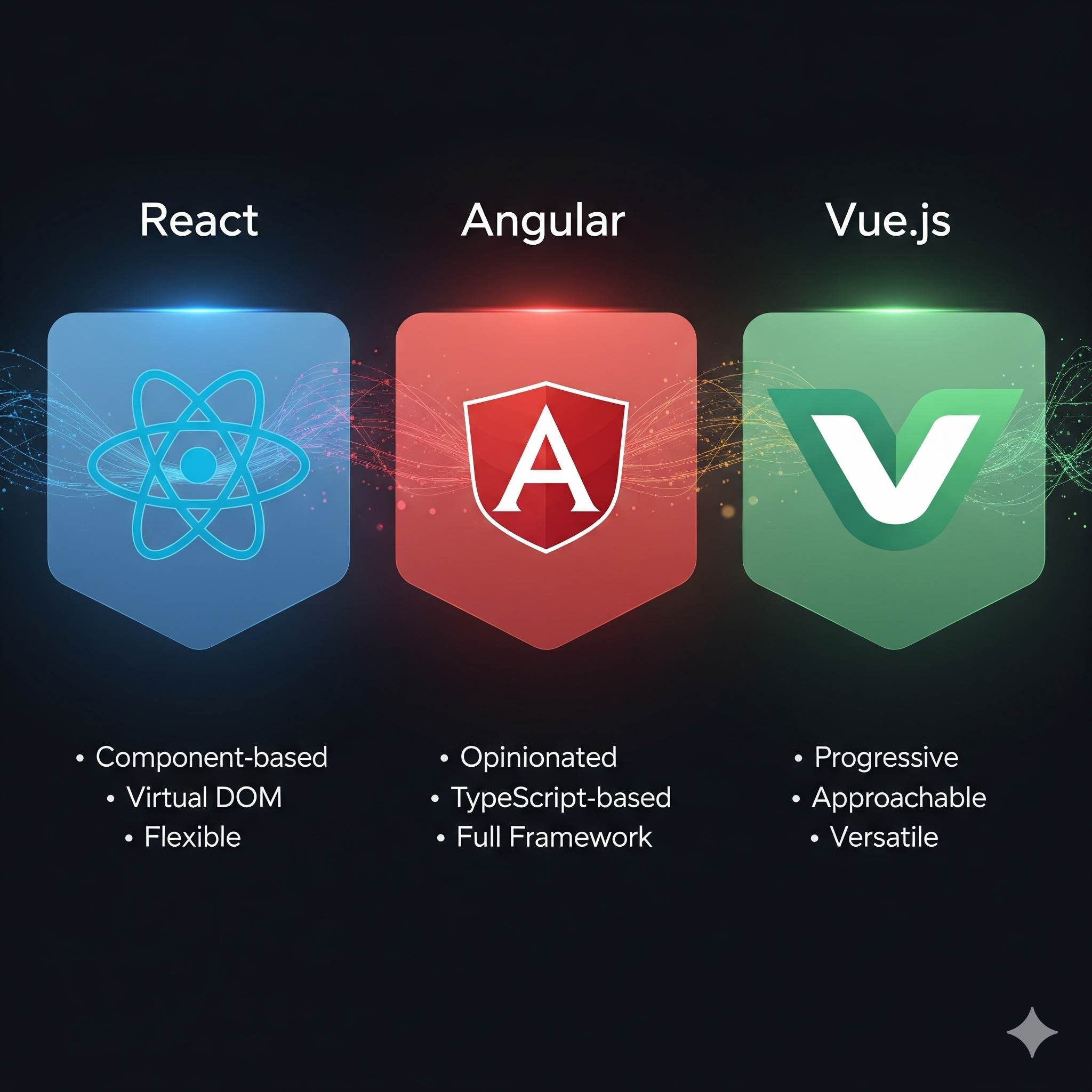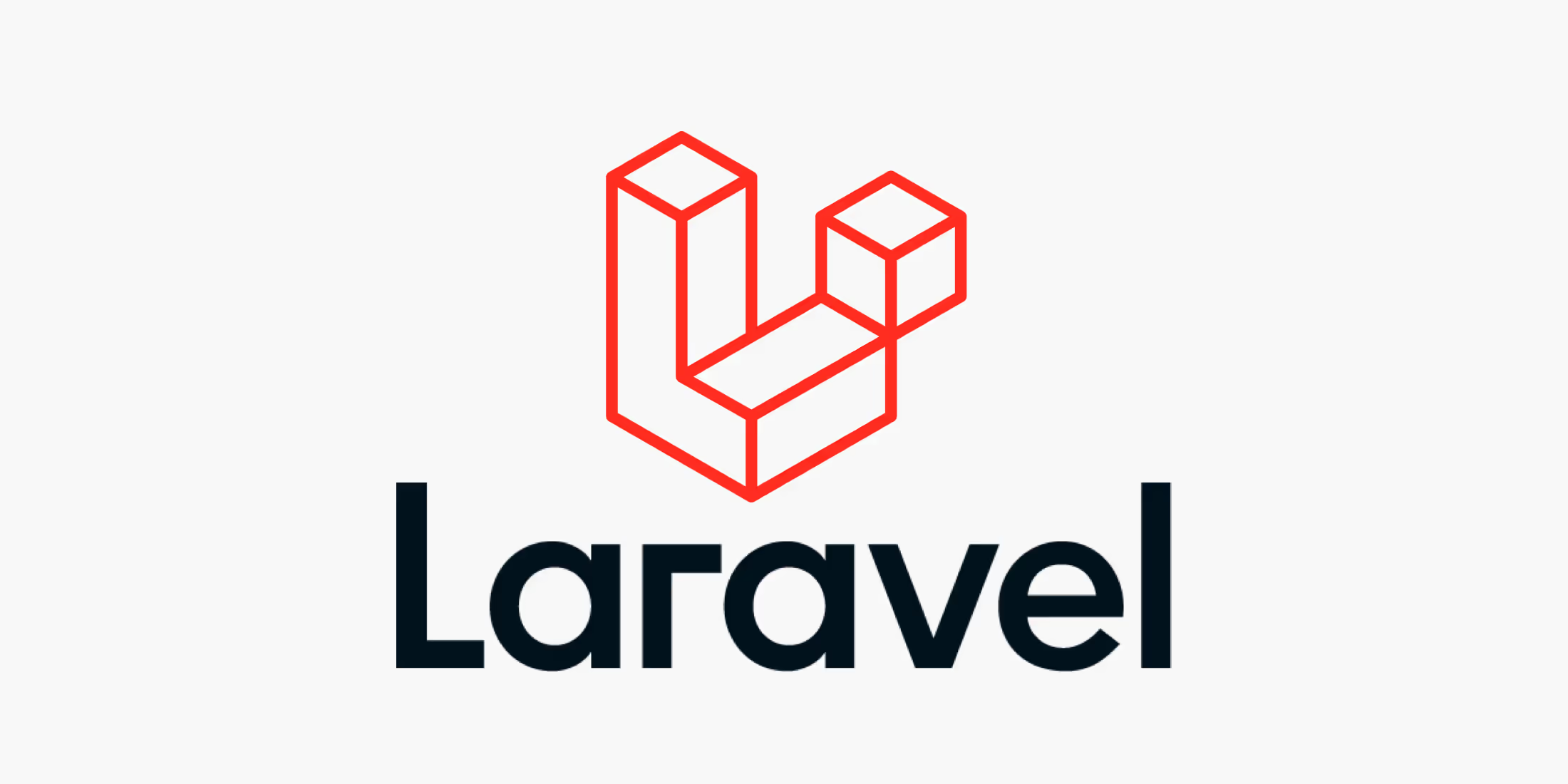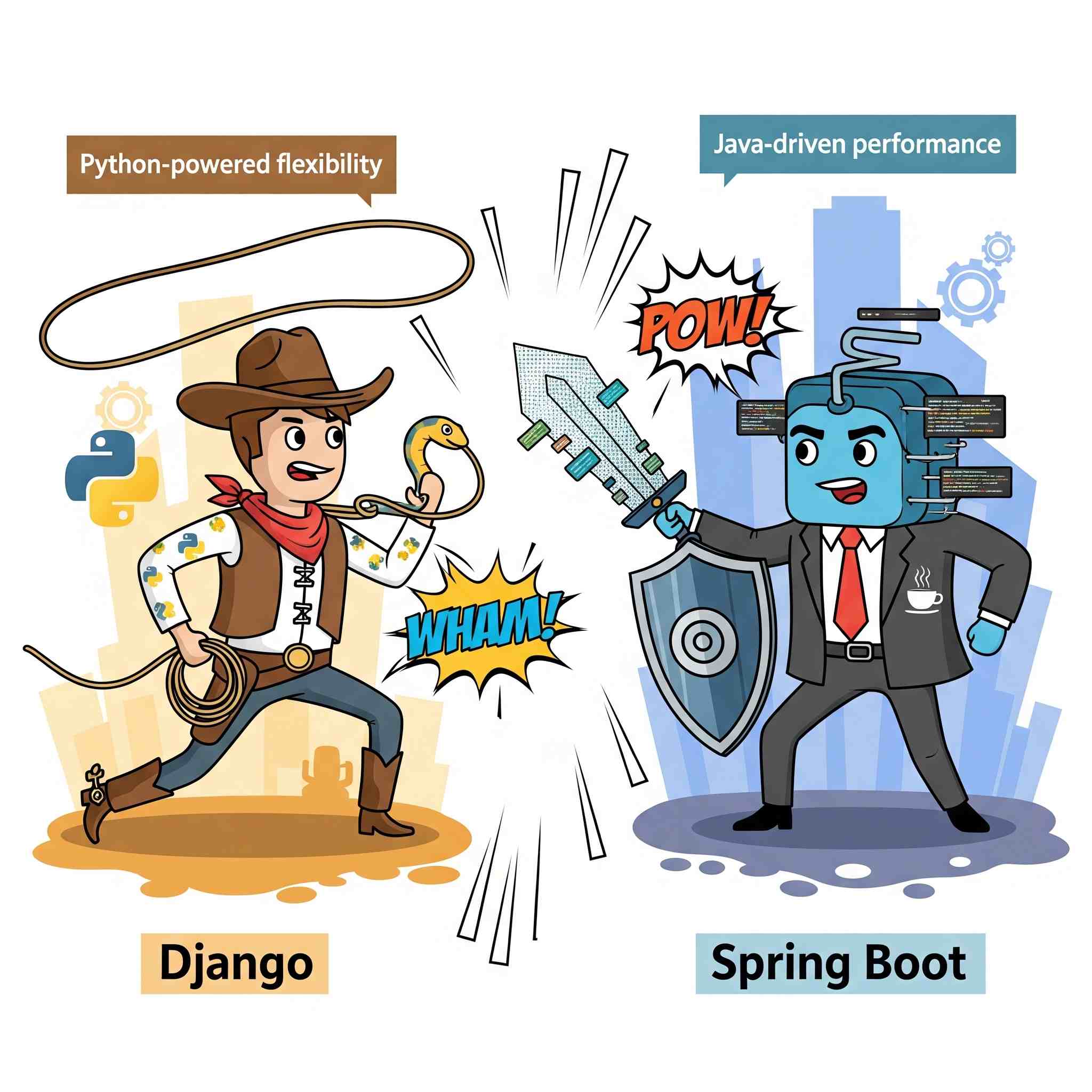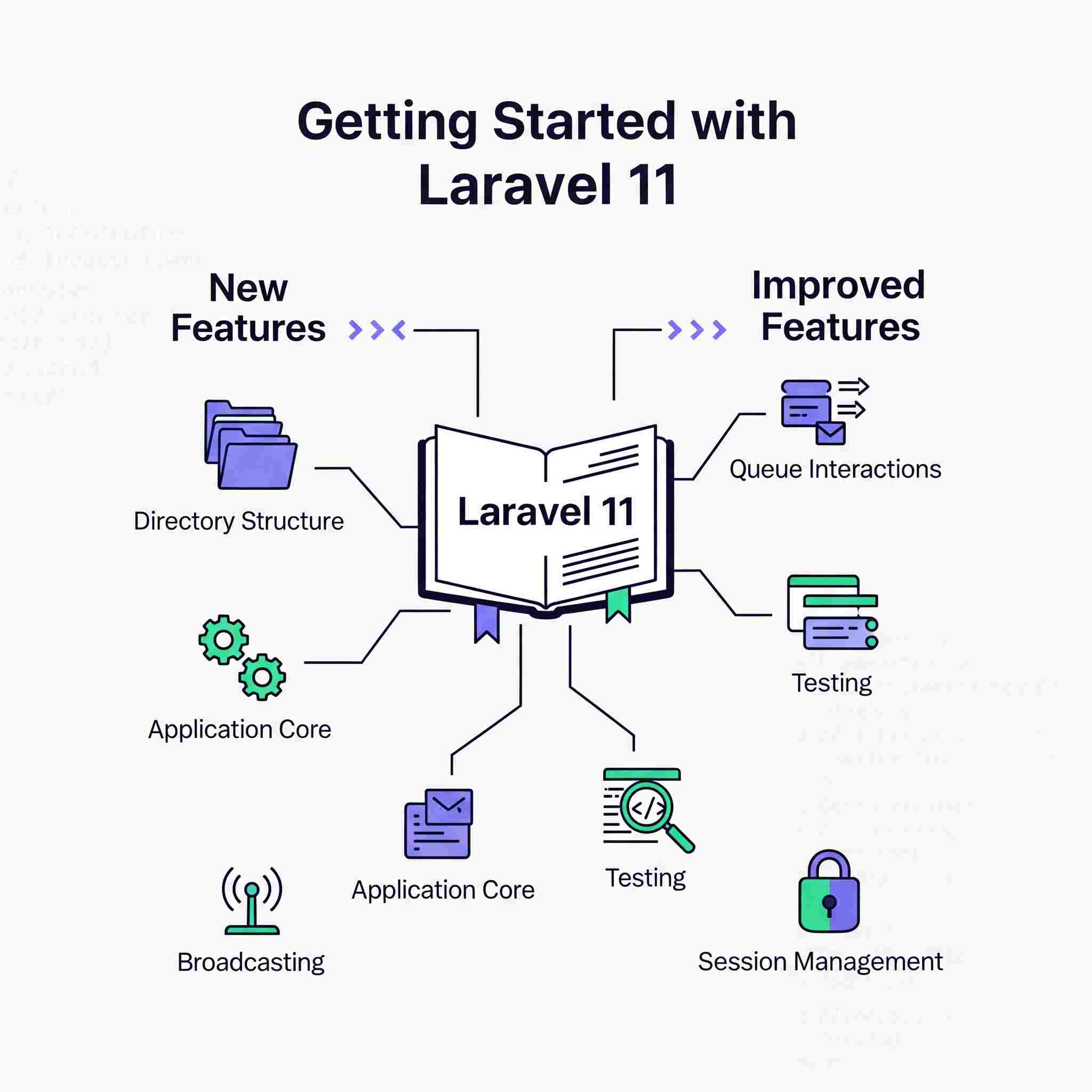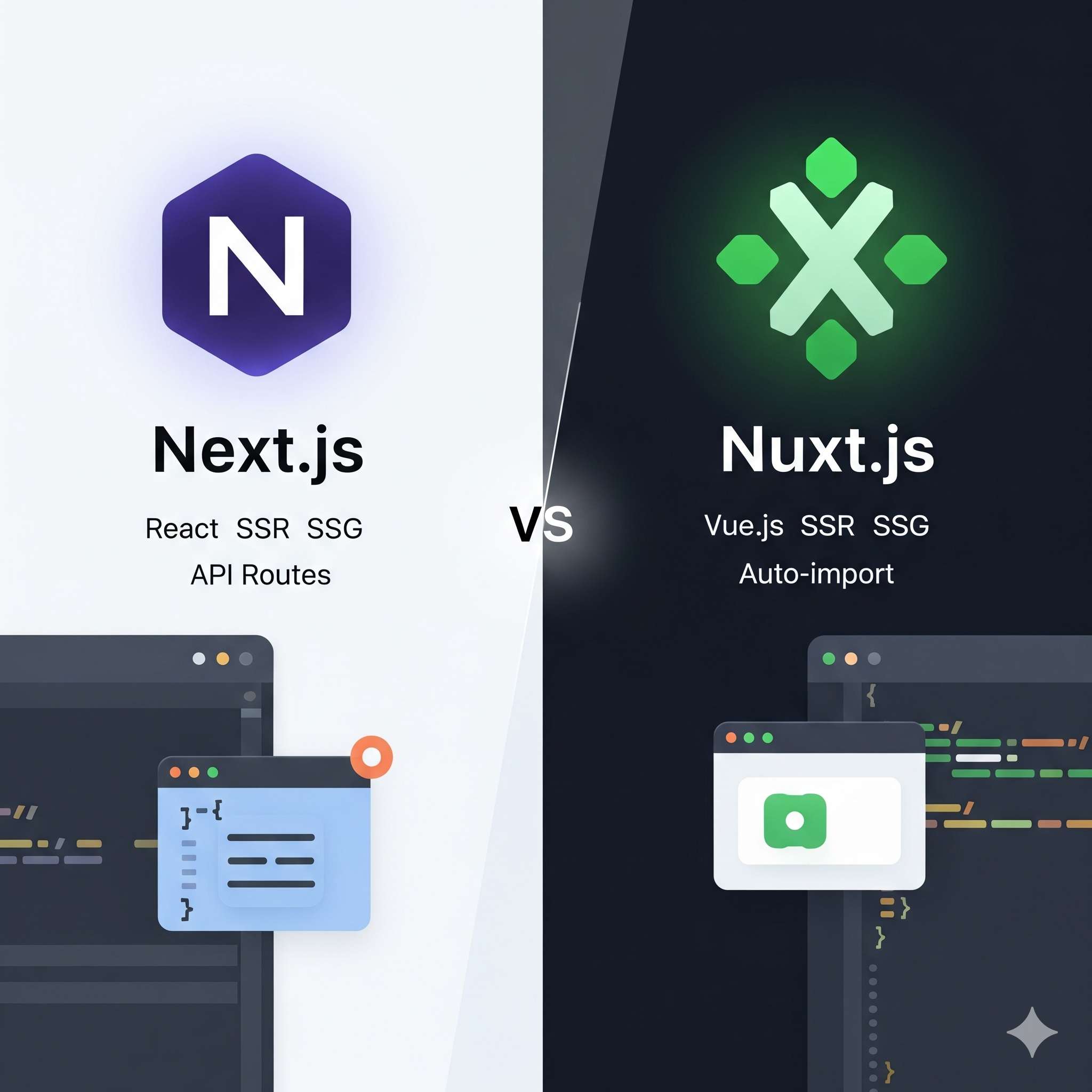React vs. Angular vs. Vue in 2025: Which Framework Reigns Supreme?
Let's cut through the hype. The question of which framework "reigns supreme" in 2025 is a bit of a trick one. It’s like asking whether a hammer, a socket wrench, or a multi-tool is the "supreme" tool. The winner isn't the one with the most features; it's the one that's the perfect fit for the job, the team, and the philosophy behind the project.
The landscape in 2025 isn't about one framework obliterating the others. Instead, we've seen a fascinating maturation and convergence. The "right" choice is less about raw technical capability and more about philosophy and ecosystem.
Let's break them down.
1. React: The Flexible Ecosystem King
React isn't a full framework; it’s a library for building user interfaces. This fundamental distinction is still its greatest strength and its main weakness.
The 2025 Vibe: React remains the undisputed champion in terms of job market share and community size. Its position is less about revolutionary new features and more about entrenched dominance.
-
Why it's still a powerhouse:
-
Ecosystem & Jobs: The sheer number of libraries, tools, tutorials, and developers who know React is its moat. For large-scale enterprises, choosing React is a safe bet for hiring and long-term maintenance.
-
React 19 & The Future: The updates have been incremental but powerful. The focus is on smoothing out the developer experience with features like the upcoming React Compiler (which aims to automagically optimize re-renders, reducing the need for manual memoization) and first-class support for Server Components. This solidifies its position for complex, data-heavy applications.
-
Full-Stack Frameworks: Next.js (and contenders like Remix) have become the de facto standard for building production-ready React apps. They solve routing, SSR, SSG, and API routes, turning the React library into a complete, opinionated framework.
-
-
The Trade-offs:
-
Decision Fatigue: You still have to choose everything: state management (Redux, Zustand, Jotai?), routing, and styling. This flexibility requires experienced architects.
-
JSX: You either love it (JavaScript all the way down) or you tolerate it.
-
Verdict: Choose React if you need a massive ecosystem, have complex state management needs, want the strongest hiring pool, and plan to leverage a full-stack framework like Next.js.
2. Angular: The Enterprise Behemoth
Angular is the opposite of React. It’s a full-blown, opinionated, "batteries-included" MVC framework. In 2025, it has fully embraced its identity as the tool for large-scale enterprise applications.
The 2025 Vibe: Angular is not trying to win the hype battle. It's winning the "boring software" battle—the kind that powers Fortune 500 companies, banks, and massive internal platforms where stability, structure, and long-term maintainability are paramount.
-
Why it's stronger than ever (in its niche):
-
Structure & Consistency: Its strong opinions are a feature, not a bug. A team of 100 developers will produce a consistent, maintainable codebase because Angular tells you exactly how to do everything. There's no debating patterns.
-
TypeScript Native: It was built with TypeScript from the ground up, providing incredible type safety and developer tooling that React is still catching up to in some areas.
-
The Standalone Revolution: The biggest change in recent years. You no longer need to wrestle with NgModules. Components can be standalone, dramatically reducing boilerplate and making Angular feel much more modern and lightweight to develop with.
-
-
The Trade-offs:
-
Steep Learning Curve: It's a massive framework to learn. Concepts like Dependency Injection, RxJS (for reactive programming), and its specific templating syntax are significant hurdles.
-
Verbosity: It can require more code to get simple things done compared to Vue or React.
-
Verdict: Choose Angular if you are a large organization building a complex, long-lived application where consistency, type safety, and a built-in structure are more valuable than the trendiest developer experience.
3. Vue: The Progressive Peacemaker
Vue has always occupied a beautiful middle ground. It combines the component-based reactivity of React with the structured, built-in features of Angular (like routing and state management) while remaining approachable.
The 2025 Vibe: Vue 3 and the Composition API have fully settled in. Vue's superpower is its gentle learning curve and incredible developer experience without sacrificing power.
-
Why it's a brilliant choice:
-
Progressive & Adaptable: You can drop it into a page like jQuery, or you can build a full Single-Page App with Vue Router and Pinia (its excellent state management library). It scales with you.
-
Best Developer Experience (DX): Many developers swear by Vue's clean syntax, single-file components (.vue files), and its best-in-class documentation. It feels intuitive and requires less mental overhead.
-
Performance & Modernity: The Composition API provides incredible flexibility for code organization and reuse (via Composables), rivaling React's hooks. It's also highly performant.
-
-
The Trade-offs:
-
Ecosystem Size: While its ecosystem is robust and high-quality, it's not as vast as React's. You'll find a library for everything you need, but you might have fewer choices.
-
Corporate Backing vs. Community: While now under the wing of the new Vue Foundation, it historically lacked the mega-corporate backing of React (Meta) or Angular (Google). This is less of an issue now but can still subtly influence enterprise adoption.
-
Verdict: Choose Vue if developer happiness, a gentle learning curve, and a fantastically designed, progressive framework are your priorities. It's perfect for startups, small-to-mid-sized apps, and teams that want structure without the enterprise weight of Angular.
The Final Tally: Who Reigns Supreme?
This is the wrong question. The right question is: "Which one reigns supreme for me?"
-
For Ecosystem & Market Dominance: React is the king. It's the safe choice for most new projects, especially with Next.js.
-
For Large-Scale Enterprise Structure: Angular is the king. It's the unchallenged ruler of massive, complex applications that need rigid guardrails.
-
For Developer Experience & Elegance: Vue is the king. It offers the most joyful and balanced development experience out of the box.
In 2025, all three are excellent, mature, and capable of building world-class applications. The competition has made all of them better. The "supreme" framework is the one that gets out of your way and allows your team to build great software, efficiently and happily.
My advice? Build a small todo app in all three. The one that just clicks for you and feels the most intuitive is the true sovereign of your own personal development kingdom.

